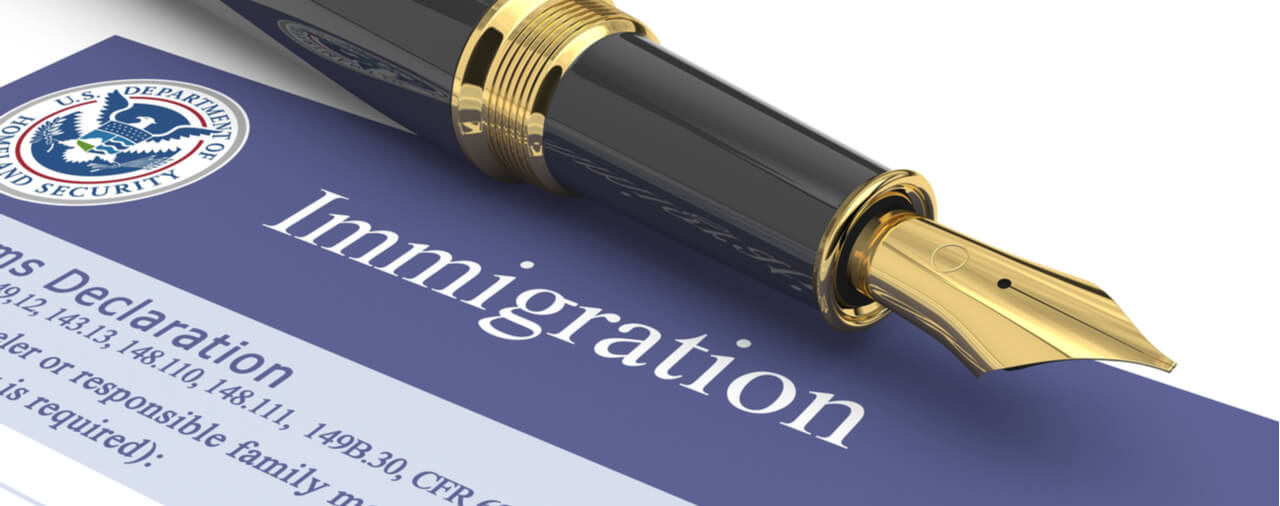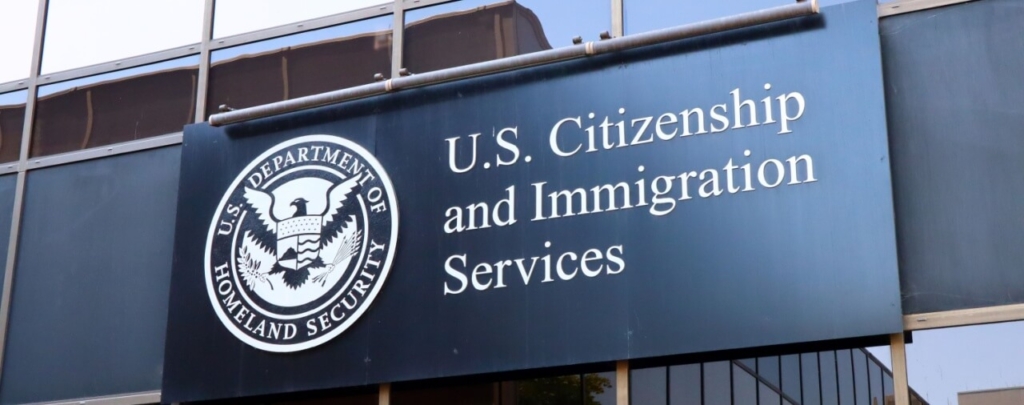As expected, Congress has agreed on an on an omnibus appropriations bill to fund the government that the President has signaled he will sign. Congress has passed a stopgap spending measure to give the bill to fund the government until the new bill is passed. The bill includes several provisions that touch on immigration policy. I will review them in this post.
EB5 Regional Investor Program Extended Through Fiscal Year (FY)-2016 (until September 30, 2016)
Readers of my blog will recall that I have discussed potential changes to the EB5 program [see blog]. However, the EB5 program is extended until September 30 of 2016 under the omnibus bill with no changes. For now, the EB5 program will continue in its current form. I will update the blog with regard to the movement of any legislation to change the program in the future.
Conrad 30 J Waiver, Special Immigrant Religious Workers, and E-Verify Programs Also Extended Through FY-2016
I wrote a post about the pending expiration of these programs [see blog] along with the EB5 program in October. Unsurprisingly, all three have been extended with no changes.
Visa Waiver Program Changes
The omnibus bill contains the House legislation that I discussed [see blog] for reforming the Visa Waiver Program. In addition to provisions for increasing security for the Visa Waiver Program, the legislation includes bans on nationals of Iraq, Syria, Iran, and Sudan, as well as people who have recently traveled to those countries, from using the Visa Waiver Program. The changes to the Visa Waiver Program are the most significant immigration changes to come out of the omnibus bill, and we will update our site with the new information once the bill becomes law.
Fees for companies that have at least 50 employees with at least 50% holding H1B [see article] or L1 [see article] status are increased under the omnibus bill. These feels must be paid on initial petitions and extension petitions.
L1 fees increase from $2,250 to $4,500
H1B fees increase from $2,000 to $4,000
These fee increases are authorized through September 30, 2025.
Changes to the H2B Program
The bill also includes changes to the H2B program [see article]. These include:
Flexibility for H2B workers in the seafood industry with regard to when they can start working;
Use of private wage surveys;
Definition of “seasonal” at ten months;
Limitations on the Department of Labor’s ability to implement certain aspects of its interim final rule;
Exempting H2B returning workers from the 66,000 annual cap through September 30, 2016.
We will update the site with more detailed information about these changes once the bill comes into effect. To learn which countries are H2B program eligible for FY-2016, please read this article [see blog].
Resources and Materials:
“Congress Reaches Deal on 2016 Omnibus Bill,” (Dec. 16, 2015), published on AILA Advocacy and Media Doc. No. 15121601





